T4K3.news
Brain tumours need more support
A personal story highlights the need for faster diagnosis and stronger funding for brain tumour research.
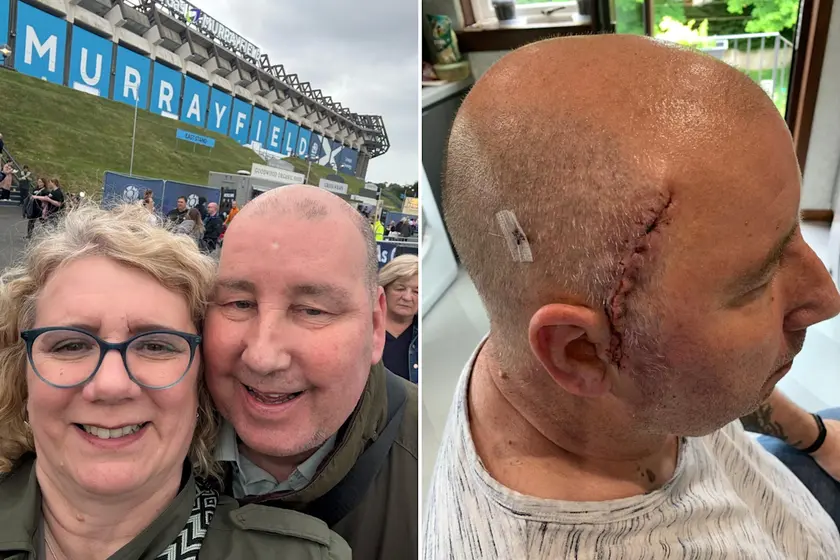
A man with unusual smell and vomiting learns he has glioblastoma, a fast growing brain cancer, changing his family life.
Candy floss smell revealed a brain tumour
Steve Turnbull first noticed something was wrong after eating gravy on New Year Day 2024. He then experienced bouts of illness and waves of nausea triggered by smells like candy floss. Doctors attributed the symptoms to stress or migraines and sent him home with medication. The pattern continued until June when at his daughter’s wedding he began losing balance and his speech grew slurred. An MRI finally showed a tennis ball sized brain mass. Surgeons removed tissue on July 12 2024 and tests confirmed glioblastoma, an aggressive brain tumour. He underwent 30 radiotherapy sessions with chemotherapy as a first line and later moved to second line PCV after scans showed progression. The tumour left him in a walking frame for months, but he gradually regained strength. To mark a year since his operation, Steve and his wife Heather completed the Dundee Kiltwalk, raising funds for the Scottish Brain Tumour Research Centre of Excellence. His niece and nephew plan to run the Edinburgh Marathon to support research. He says the goal is to reduce and manage the disease and push for awareness so others seek scans earlier.
Key Takeaways
"The goal was not to cure me, it was to reduce the tumour and prolong stability."
Steve explains treatment aims after diagnosis
"If my story helps someone push for a scan when something feels wrong it is worth telling"
Steve on raising awareness and earlier imaging
"This tumour is not going away but we are not giving up. I will do whatever it takes to help others in future"
Steve expresses resolve to support others and seek trials
"Research into brain tumours is underfunded even though it is the biggest cancer killer of children and adults under 40"
Steve on funding gaps in brain tumour research
The story shows how unusual symptoms can delay diagnosis and how a brave patient and his family navigate a difficult medical path. It highlights the pressure on families to push for tests when signs seem minor and the reality that not all tumours can be cured. Yet it also celebrates community support, fundraising, and a clear message that awareness can save lives by speeding access to imaging.
Beyond the personal story, the piece raises questions about funding for brain tumour research and the need for faster progress in diagnosis and treatment. Glioblastoma is highly aggressive and currently incurable, so public funding, trials, and donor support matter a great deal for patients who live with the disease and their families. The article invites readers to see research funding as a public health issue as well as a personal fight for those affected.
Highlights
- Strange signals deserve a closer look before they become a crisis
- Hope travels on the backbone of research and fundraising
- Awareness saves lives even when the prognosis is grim
- No one should ignore warning signs that arrive quietly
Funding gaps in brain tumour research
The article highlights underfunding in brain tumour research and the reliance on fundraising to advance care. This raises questions about public budget priorities and access to timely diagnostics and trials.
The story reminds readers that awareness and funding are essential in the long fight against brain tumours.
Enjoyed this? Let your friends know!
Related News
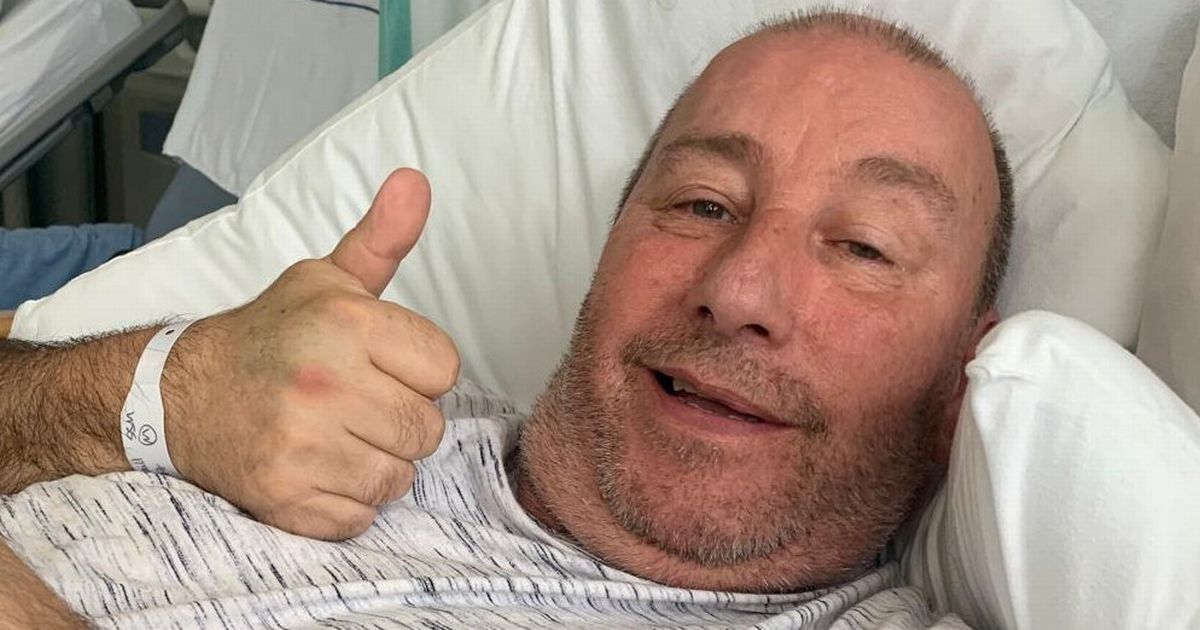
Brain tumour awareness and fundraising update
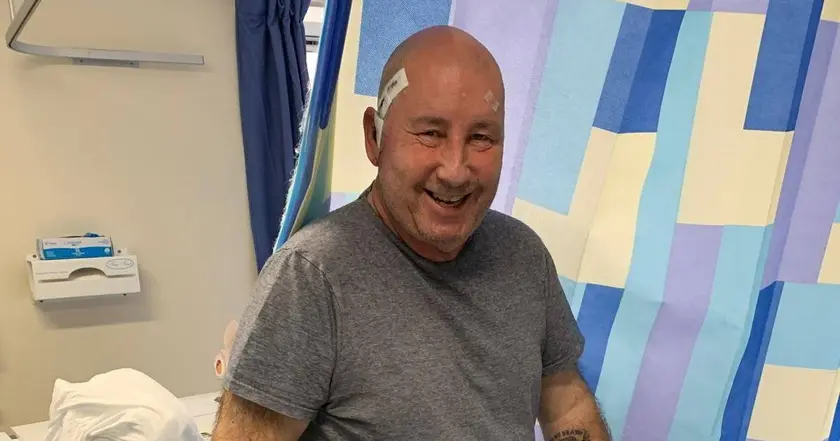
Update on brain tumour story
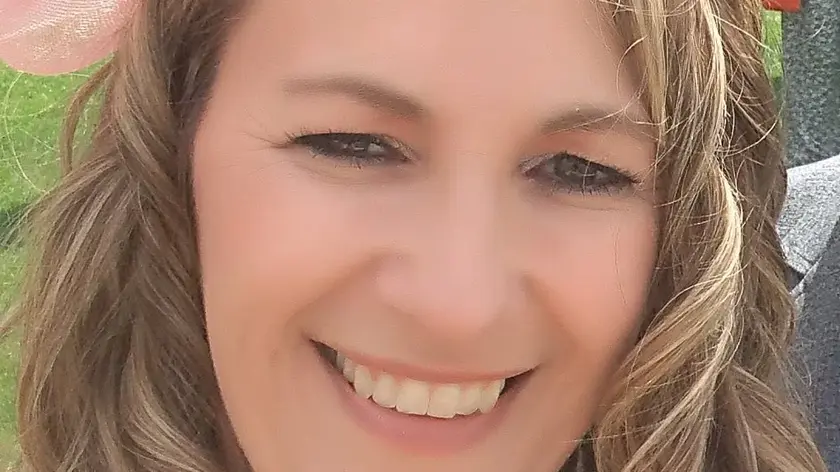
Mother discovers brain tumour after mistaken diagnosis
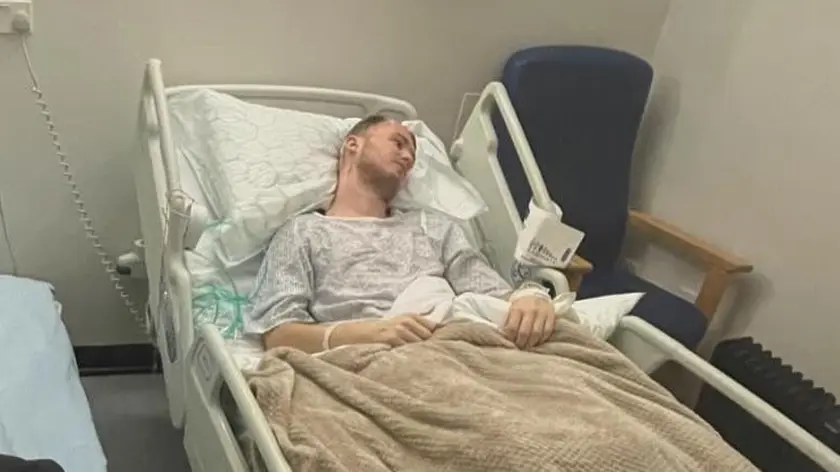
Young man diagnosed with brain tumor shares shocking journey

Coast-to-coast ride supports brain tumour fund
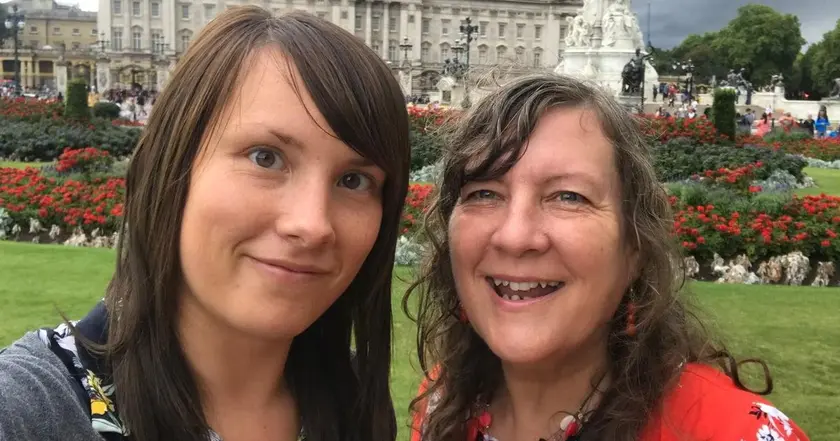
Mum diagnosed with brain tumour after ignoring leg pain
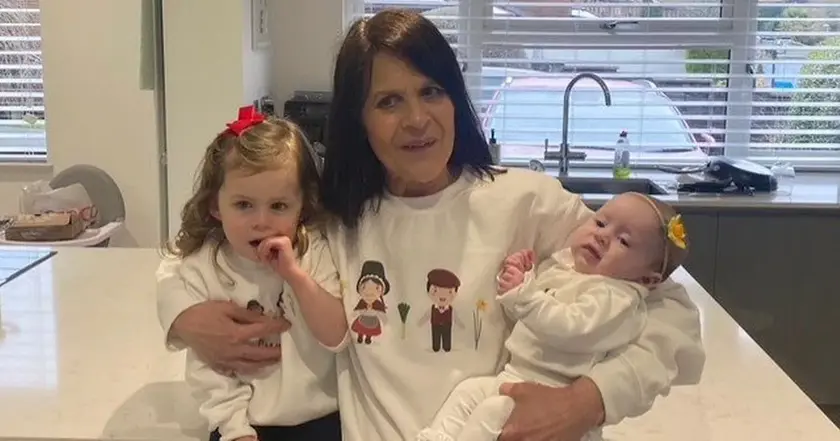
Grandmother dies after waiting for brain tumor diagnosis
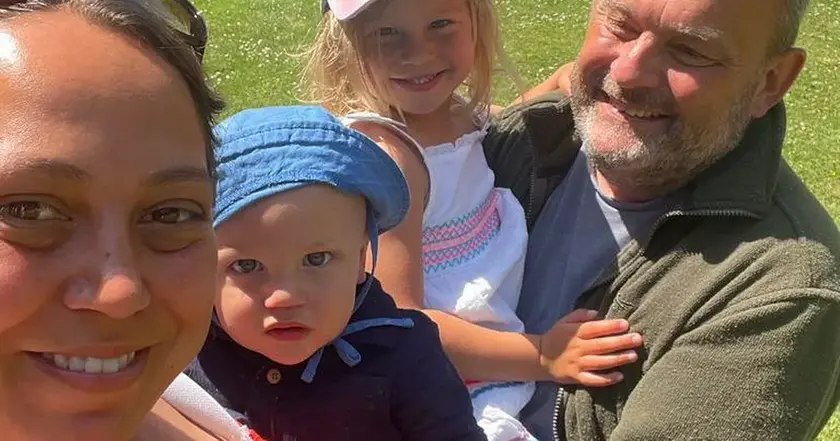
Father dies after misdiagnosed brain tumor
